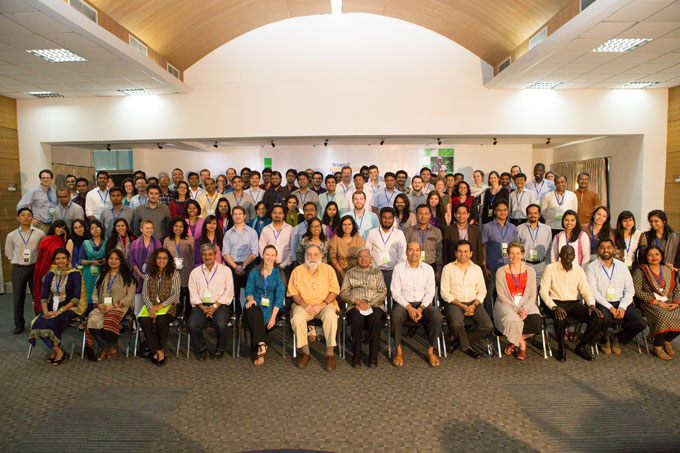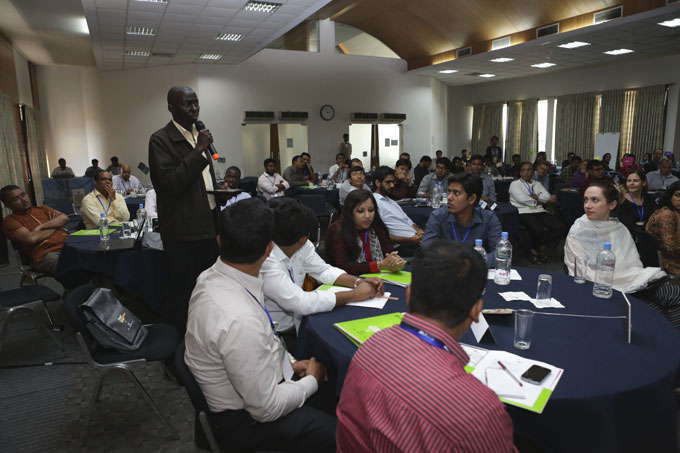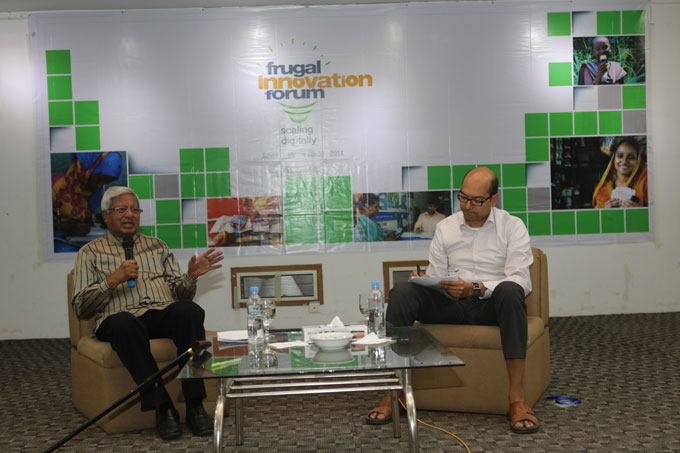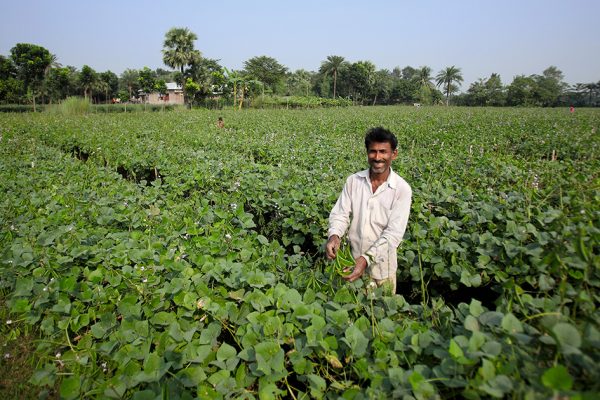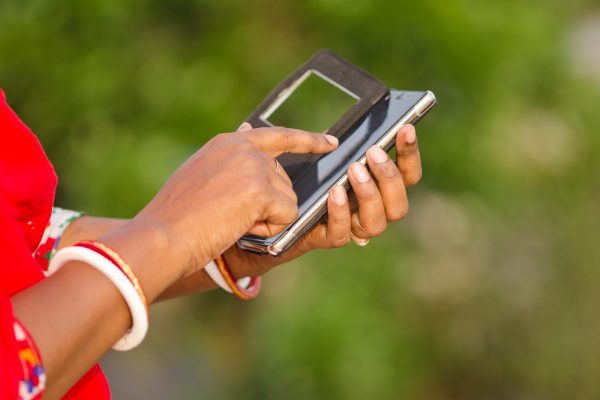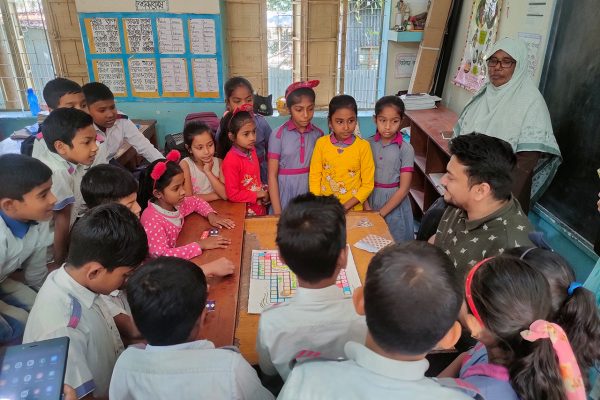Scaling Digitally: Does scaling technology have to mean losing the human touch?
Reading Time: 2 minutes
BRAC wrapped up the second Frugal Innovation Forum amid much excitement about the possibility for new ideas and partnerships. Over 150 people representing 16 countries spent their weekend at BRAC’s scenic conference centre in Savar, learning from each other, sharing traffic jam-induced epiphanies, and bonding over tea, cricket and karaoke.
BRAC wrapped up the second Frugal Innovation Forum amid much excitement about the possibility for new ideas and partnerships. Over 150 people representing 16 countries spent their weekend at BRAC’s scenic conference centre in Savar, learning from each other, sharing traffic jam-induced epiphanies, and bonding over tea, cricket and karaoke. The Frugal Innovation Forum—which brings together a diverse group of practitioners, thought leaders and academics from around the world, focuses on scaling innovations, with their frugality being a necessary pre-condition. This year’s forum was focused on mobile money and data and how development organisations can use these tools to scale their efforts. It also included a special session on ‘Hidden Dimensions of Scale,’ where early findings from the Doing While Learning project were shared and analysed. Throughout the event, a central question emerged repeatedly: will scaling digitally threaten the ‘high touch’ that has made BRAC and many other organisations so effective?
During a lively debate Shameran Abed, associate director of BRAC Microfinance, and Lowell Campbell, principal operations officer at the International Finance Corporation agreed that mobile money has an important role to play in financial inclusion for the poor, but differed in their thinking on the role of development organisation’s in its scale up. Shameran also shared that he has thought a lot about how much of BRAC’s high loan repayment rate can be attributed to the relationships between BRAC staff and clients, and wants to ensure that that is not lost.
In a session on the data revolution, Max Shron encouraged us to look for ways to use data that is created in the normal course of business, such as retroactively analysing phone data after a disaster in an effort to help improve disaster response. Colin Risner, of Shiree shared their experience with data collection among the ultra poor, and how it has helped them to identify trends and outliers, enabling them to improve their service delivery. Vivek Raghavan, who works with the Unique Identification Authority of India, spoke about the three main steps to being data driven: collecting data, aggregating, and visualising. During the mapping for decision-making session, Shon Campbell, of Myanar Management Information Unit and Alayne Adams, with BRAC University and icddr,b discussed how maps can guide policymaking decisions.
The key takeaway was that we must carefully consider if scaling digitally means losing touch with clients and under which circumstances its use is ideal. With the innovation fund for mobile money we will explore opportunities to use technology to interact with clients in new ways. Stay tuned for more updates from the forum soon!
Amanda J Misiti is a knowledge management and communications officer with the BRAC Social Innovation Lab.


